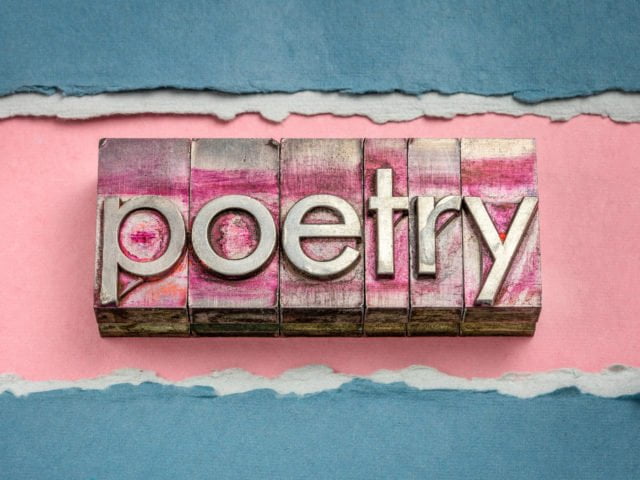The first thing to ask about the poetry market: does it exist?
Few make money from poetry. Seamus Heaney may have done, but he had a Nobel Prize. There is also, of course, the rise of the Instagram poets like Rupi Kaur, Lang Leav, Atticus, and so on.
Here’s what you need to know.
Selling Beauty
Poetry remains a niche market. Even large bookshops will typically just sell acknowledged classics, academic anthologies, and a few books by today’s most famous poets.
Few poets ever reach this level.
More important for beginning writers are the specialist poetry magazines and poetry presses, the heart of the poetry scene. A collection of poetry might well only sell a few hundred copies. Few will make a profit.
Poets themselves seldom make any money from their work. People who buy these books are poetry aficionados and will buy these books from ads in poetry magazines, from poetry festivals, etc.
Getting Published
It may be easier to walk across hot coals than to become a published poet. It’s fine to write poetry for yourself and friends, but suppose you really want to get published. What then?
Agents rarely accept poetry submissions, and big publishing houses are interested in making money. Your ultimate aim should really be to interest the smaller poetry presses.
Even if you aspired to be an ‘Instapoet’, it really is better to know if your poetry resonates with readers at the most critical levels, before you go and post online.
In nearly all cases, these presses will only pick up a new poet if they have a track record of publication in the poetry magazines. As a rule, you should aim to have had 6-8 individual poems published in magazines before it makes sense to try and publish a collection.
So start submitting good quality work as soon as you can.
Poetry Magazines
Some of our favourite magazines are The Rialto, The North, New Writer, Ambit, and Anon – but there are zillions of others. For a good place to browse go to Poetry Library, or The Poetry Kit.
All magazines have their own submissions procedures, but as a rule, you should send out no more than half a dozen poems with a stamped addressed envelope for a response. It’s competitive getting accepted, so prepare for rejections before you get anywhere, and don’t expect speed either. Three months to get a response is normal.
If and when you get 6-8 poems accepted by these, then is the time to start approaching publishers.
Self-Publishing
There is one other option, which is self-publication. This isn’t a fast-track way to get well-known, to make money, to get your work into bookshops, or anything else. It could lead to more, but it is a way to get bound copies of your work for you to distribute (or sell) to families and friends, at least.
The easiest route for most poets is simply to go to your local printer. Get quotes for printing and binding copies of your work, and go with the best. This won’t be too expensive, and you won’t be ripped off.
Beware of any ‘publisher’ advertising online for your work. Real publishers don’t solicit work. Anyone who wants you to pay to publish your work will print the work, but they will not publish it in any normal sense. Your work will not appear in bookshops. You will not make money from it. And there are lots of bandits out there. (You have been warned.)
Who knows, though?
Rupi Kaur self-published her poetry. Now Milk and Honey is published by Andrews McNeel.
Good luck.
Jericho Writers is a global membership group for writers, providing everything you need to get published. Keep up with our news, membership offers, and updates by signing up to our newsletter. For more writing articles, take a look at our blog page.










